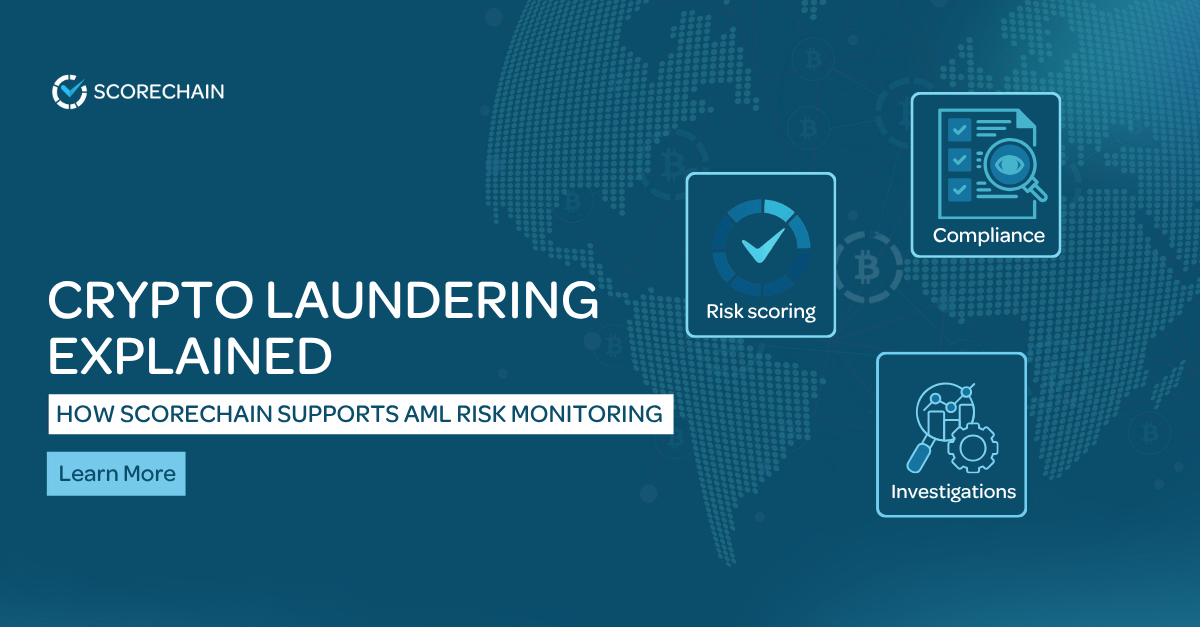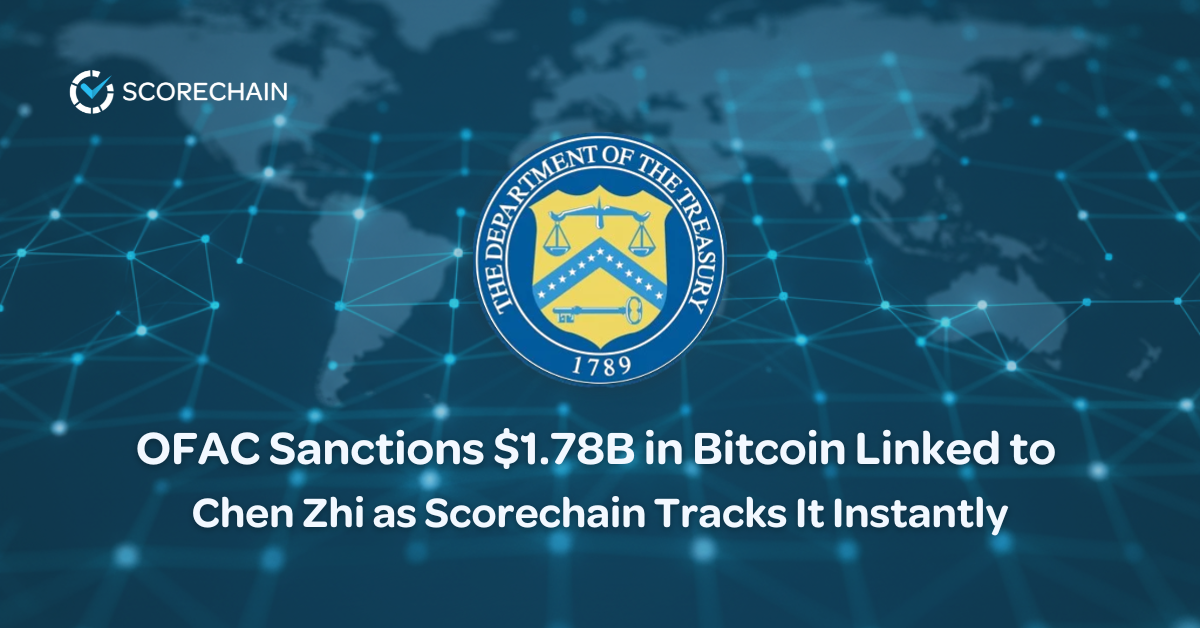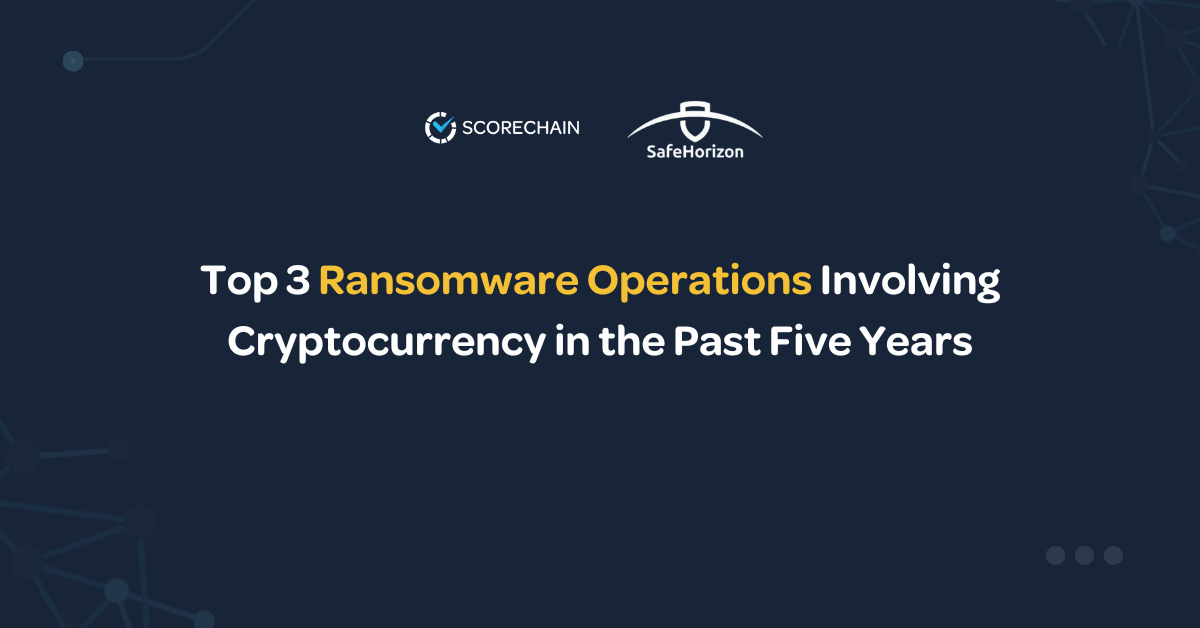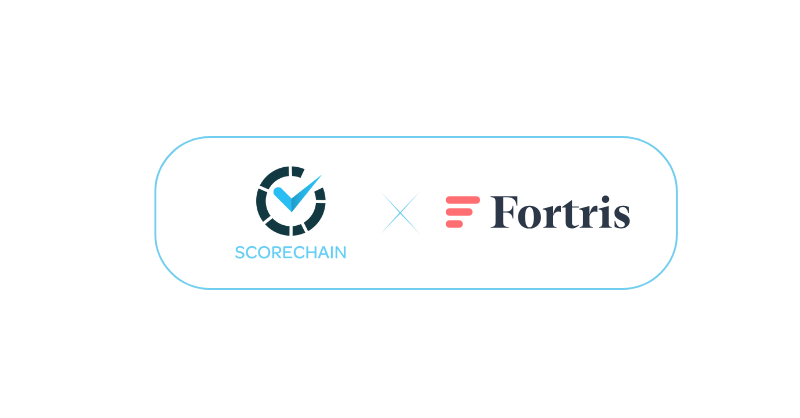Last week, on October 20-21, the latest Financial Action Task Force Plenary took place in Paris. It was the first Plenary under the Presidency of T. Raja Kumar and gathered over 200 participants.
What is the Financial Action Task Force (FATF)?
The Financial Action Task Force (FATF), is a global money laundering and terrorism watchdog established by the G7. It currently has 37 member states which agree to implement anti-money laundering and counter the financing of terrorism (AML/CFT) standards.
Outcomes of the latest FATF Plenary
Russia’s ongoing attacks on Ukraine
Russia's actions continue to violate the core principles of FATFs, which aim to promote the financial system's stability, security, and integrity.
“As a result of Russia’s continuing actions, the FATF has decided to impose additional restrictions on the country’s remaining role, including by barring them from participating in current and future FATF projects,” FATF chairperson, T Raja Kumar, said while addressing a press conference on the final day of the FATF plenary in Paris.
In addition, after completing the plenary discussions, the watchdog decided to impose further restrictions on the country's remaining role, including prohibiting participation in current and future FATF programs as well as in FATF meetings of regional partner bodies as a member. These measures are extended to actions taken by the FATF in June 2022.
FATF’s grey list: Updates of jurisdictions under increased monitoring
Following the Plenary, FATF announced that several jurisdictions were placed under increased monitoring. These jurisdictions are working to address deficiencies in their AML/CFT policies.
The new jurisdictions subject to increased monitoring are the Democratic Republic of Congo (DRC), Mozambique, and Tanzania.
As of today, FATF’s grey list, or jurisdictions under increased monitoring, counts 23 countries:
- Albania
- Barbados
- Burkina Faso
- Cambodia
- Cayman Islands
- Democratic Republic of the Congo
- Gibraltar
- Haiti
- Jamaica
- Jordan
- Mali
- Morocco
- Mozambique
- Panama
- Philippines
- Senegal
- South Sudan
- Syria
- Tanzania
- Türkiye
- Uganda
- United Arab Emirates
- Yemen
Two jurisdictions have also exited the grey list and are no longer subject to increased monitoring:
- Nicaragua: FATF identified strategic deficiencies in Nicaragua’s AML/CFT regime in February 2020, which has been improved; and
- Pakistan: The country improved its AML/CFT regime for which FATF had identified deficiencies in June 2018 and 2021.
Myanmar: high-risk jurisdiction under a call to action
FATF listed Myanmar as a high-risk jurisdiction subject to a call for action. FATF’s high-risk jurisdictions have significant strategic deficiencies in their AML/CFT regime. For such jurisdictions, FATF urges members and other jurisdictions to apply enhanced due diligence counter-measures against money laundering, terrorism financing, and proliferation financing (ML/TF/PF) risks stemming from high-risk jurisdictions. The list of FATF’s high-risk jurisdictions is also known as FATF’s blacklist.
For now, this list counts 3 jurisdictions:
- North Korea;
- Iran; and
- Myanmar.
Monitoring funds related to risky jurisdictions with Scorechain
Scorechain provides blockchain analytics and crypto compliance tools. It helps compliance teams to adapt their AML/CFT strategies and execute in-depth screening of crypto assets in compliance with fast-evolving crypto regulations.
When it comes to monitoring jurisdiction-related risks, users can set up specific risk indicators for countries that are considered risky under their internal processes. The indicators will display red flags if the funds screened have interacted with VASPs established in risky countries.

Users can also apply a risk-based approach to the risks related to VASPs. Scorechain provides due diligence data for 700+ VASPs which take into account the countries VASPs are established in, their regulatory status, the risk assessment and onboarding policies they apply, etc.

Interested to learn how you can easily apply a risk-based approach to crypto transaction monitoring. Don’t hesitate to request a demo of the solution:
About Scorechain
Scorechain is a Risk-AML software provider for cryptocurrencies and digital assets. As a leader in crypto compliance, the Luxembourgish company has helped over 200 customers in 45 countries since 2015, ranging from cryptocurrency businesses to financial institutions with crypto trading, custody branch, digital assets, customers onboarding, audit and law firms, and some LEAs.
Scorechain solution supports Bitcoin analytics with Lightning Network detection, Ethereum analytics with all ERC20 tokens and stablecoins, Litecoin, Bitcoin Cash, Dash, XRP Ledger, Tezos, and Tron with TRC10 and TRC20 tokens. The software can de-anonymize the Blockchain data and connect with sanction lists to provide risk scoring on digital assets, transactions, addresses, and entities. The risk assessment methodology applied by Scorechain has been verified and can be fully customizable to fit all jurisdictions. 300+ risk-AML scenarios are provided to its customers with a wide range of risk indicators so businesses under the scope of the crypto regulation can report suspicious activity to authorities with enhanced due diligence.
.png)



















